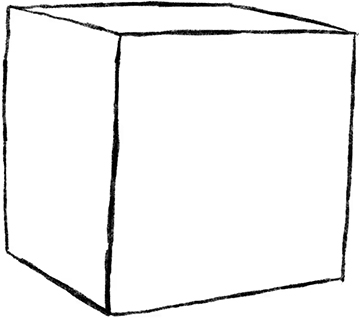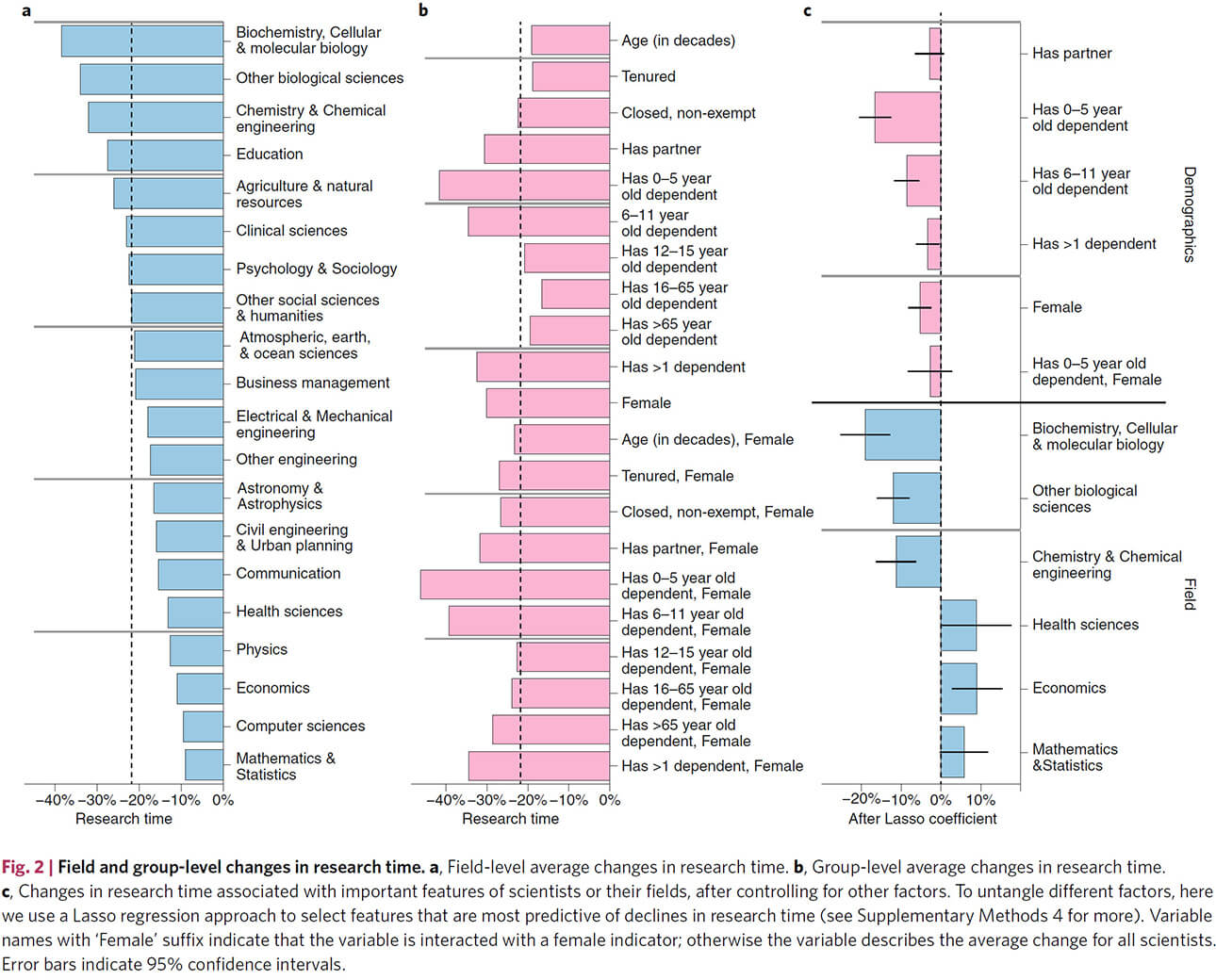
Part 04 – Covid and everyday scientific life
Time is probably the most valuable good for a researcher. We have lost a lot.
At first I didn’t want to do an episode of Black Box Science about Covid. It seemed too complex and divers to pack it into a 2:20 min video and some blog entry. But completely omitting it also doesn’t make sense, because it affects us drastically in our everyday scientific and personal lives.
When shooting the material for the video a few months ago, we had quickly gathered content for several episodes. At first I thought we’d go with a version that appeals to the research institutions and funding organisations to support and take care of their researchers during this pandemic. Obviously, many of us have lost precious time and opportunities and require help in compensating for this loss. At lot of very useful information is collected on Twitter under #StopPandemicBias, which has been initiated by Ulrike Endesfelder and colleagues. For the video, I had in the end decided to focus on my personal view (as an example of a young PI with small children (statistically only the second worst category – worst is to be (as so often) a female researcher with small children)) and talk about how this whole situation impacts on me and share this with other researchers.
Results of a survey on how Covid-19 affects research time of scientist in different disciplines published by Myers et al. in Nature Human Behaviour.
It is now more or less two years into the pandemic and I have the feeling that the support researchers are getting is fairly low and very variable and unequal. When I now look back at the discussions from the beginning of the pandemic (e.g. The pandemic is hitting scientist parents hard, and some solutions may backfire or Unequal effects of the COVID-19 pandemic on scientists), it seems to me that we have solved a few small problems, but the big ones remain. So much still is unclear. What is clear, is the fact that this pandemic has uncovered quite a bit of the fragility and inequality of our research system. It is not surprising that some fields are less affected that than others and also that researchers without children are not suffering from school or nursery closures. However, it is sometimes shocking to see how unable (or unwilling?) research organisations, politicians and decision makers in general are to find quick solutions in supporting their researchers. The pandemic shows how important research is to solve real-life problems. At the beginning I was convinced that this fact will help science in general, because there is now also more awareness and interest in science among the general public. I am not sure this is happening. On the contrary, I am witnessing financial cuts that are hitting the young researcher the most and slow decision making that is often not compatible with typical timescales of PhD and postdoc positions.
My conclusion at this point is basically bringing me back to the beginning of the discussion of #StopPandemicBias:
- share our experiences so that we can learn from each other,
- support each other to reduce inequality,
- learn from the issues that are now clearly highlighted and use this as an opportunity to change things for the better in the future.

In the individual episodes and blog entries, I will share my experiences and discuss different topics, which are concerning us in our everyday lives as scientists. Join the discussion, share your opinions and help to solve issues in our scientific culture.



